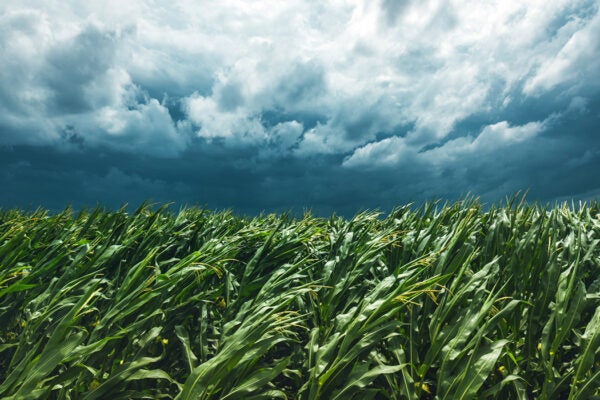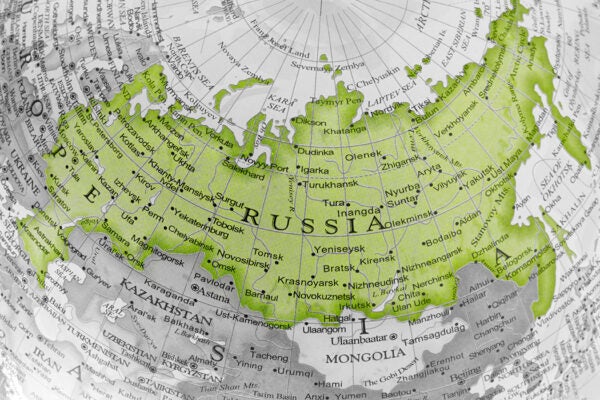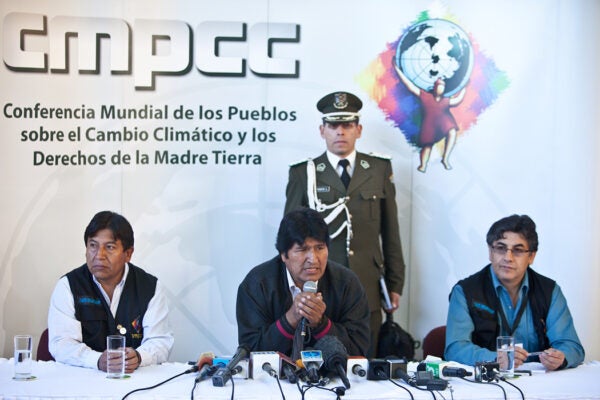Demystifying Sovereign Wealth Funds
Opaque, state-controlled investment vehicles, sovereign wealth funds wield enough power to redirect or disrupt global economies.
Biofuels: Feeding the Earth or Feeding the Engine?
Around the world, biofuels, so-called green energy sources, are waving major red flags.
On the Anniversary of Iceland’s Independence
Iceland is celebrating its 80th anniversary. Three photograph collections shared on JSTOR show how much has—and hasn’t—changed on the island since independence.
Pakistan’s Ambiguous Islamic Identity
Pragmatism, not faith, drove Muhammad Ali Jinnah to lead the call for the founding of the new Islamic state of Pakistan.
The Taj Mahal Today
In parallel with the recent shift in political attitudes toward Islamic heritage, India’s most famous monument may need to find a new place in history.
Eurasianism: A Primer
Anti-Western and pro-expansionist, Eurasianists believed every country had a right to its own existence...as part of the Russian civilization.
The Unique History of the Meo Tribes of Mewat
The Meos are singled out as cow slaughterers by vigilantes, but their heritage combines Hindu cultural practices—including raising cattle—with the Islamic faith.
What We’re Reading 2023
Enjoy a fresh batch of year-end book reports from all of the readers, writers, and editors at JSTOR Daily!
Ismat Chughtai’s Quilt and Queer Desire
Long before India decriminalized homosexuality—in September 2018—the short story "Lihaaf" sparked outrage and a lawsuit for its depiction of same-sex, intergenerational intimacy.
Cochabamba People’s Agreement: Annotated
In April 2010, representatives from 140 countries gathered in Bolivia to outline an explicitly anti-capitalist, decolonial agenda for the sake of the planet.









